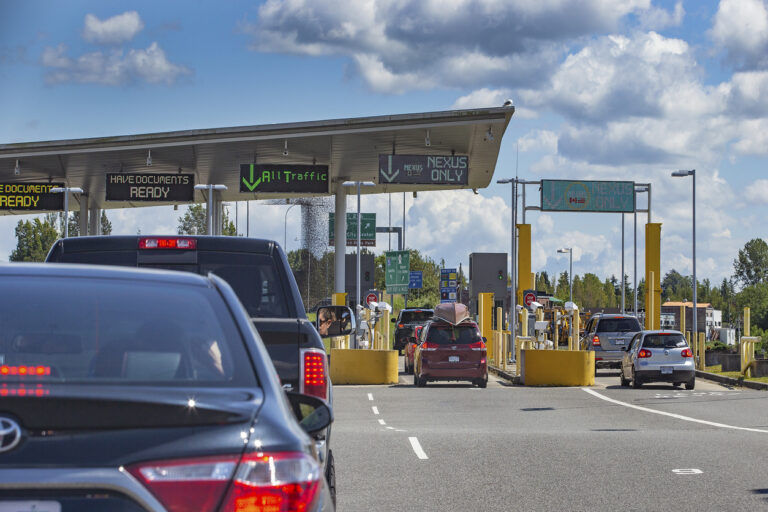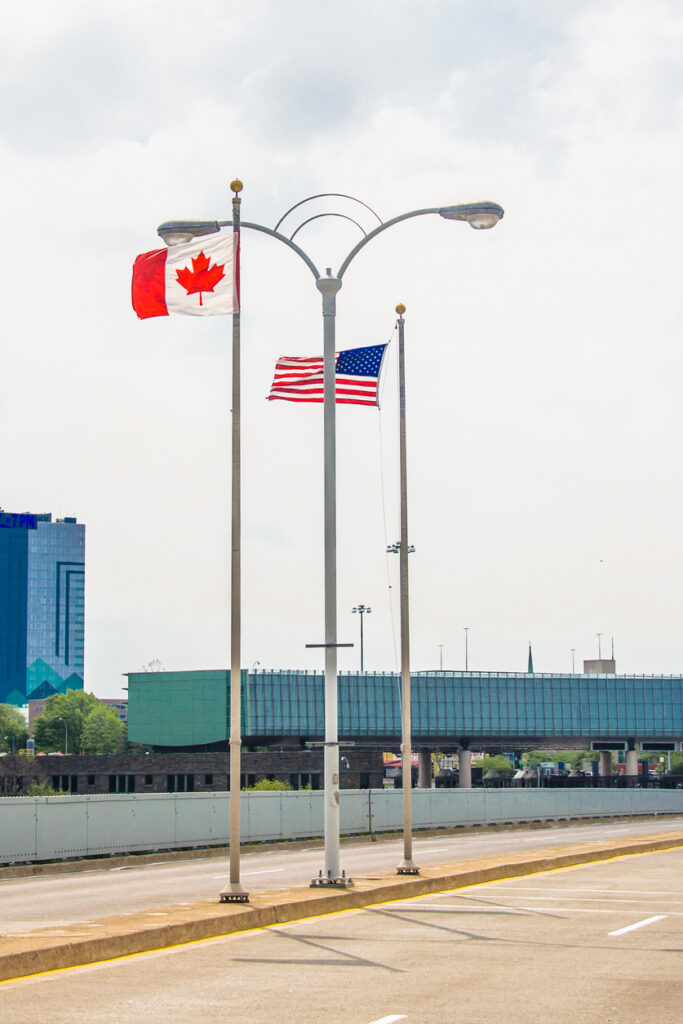The U.S. government has extended the closure of its land border with Canada until August 21, at least. In different instances, White House officials have expressed the government is not ready to risk the progress made toward mitigating the impacts of the pandemic.
Growing concerns about the threat posed by the Delta variant were mentioned as the reason behind the decision.
“To decrease the spread of COVID-19, including the Delta variant, the United States is extending restrictions on non-essential travel at our land and ferry crossings with Canada and Mexico through August 21, while ensuring the continued flow of essential trade and travel,” said Department of Homeland Security spokesperson Angelo Fernández Hernández.
Although this seems to be the same news travelers have heard for the past 16 months, this time things are certainly different.
Canada is set to take a more progressive approach regarding its land borders and pandemic management. Starting August 9, the country will welcome back fully vaccinated Americans and permanent residents for leisure via land borders and nine airports.
Those who have been immunized with Moderna, Pfizer-BioNTech, AstraZeneca/COVISHIELD or Janssen (Johnson & Johnson) will not be required to undergo a 14-day quarantine. Also children under 12 traveling with vaccinated parents will also be exempt from the requirement.
Travelers are requested to use the recently launched ArriveCAN app or web portal to upload their vaccine certificate and negative COVID-19 test, the latter is not mandatory for now.
As of today, the U.S. is seeing an average of 34,056 new Covid-19 cases per day according to a report from Johns Hopkins University — a 55% increase over last week being Florida, Texas and Missouri the three states reporting 40% of these cases.
While the rising number of infections fueled by the Delta variant and the low vaccination rates in those states remain an important factor pressing the White House decisions, White House officials have also been suggesting that lifting the land borders, in the case of Mexico, would uncover a immigration nightmare that “could overwhelm the health system.”


